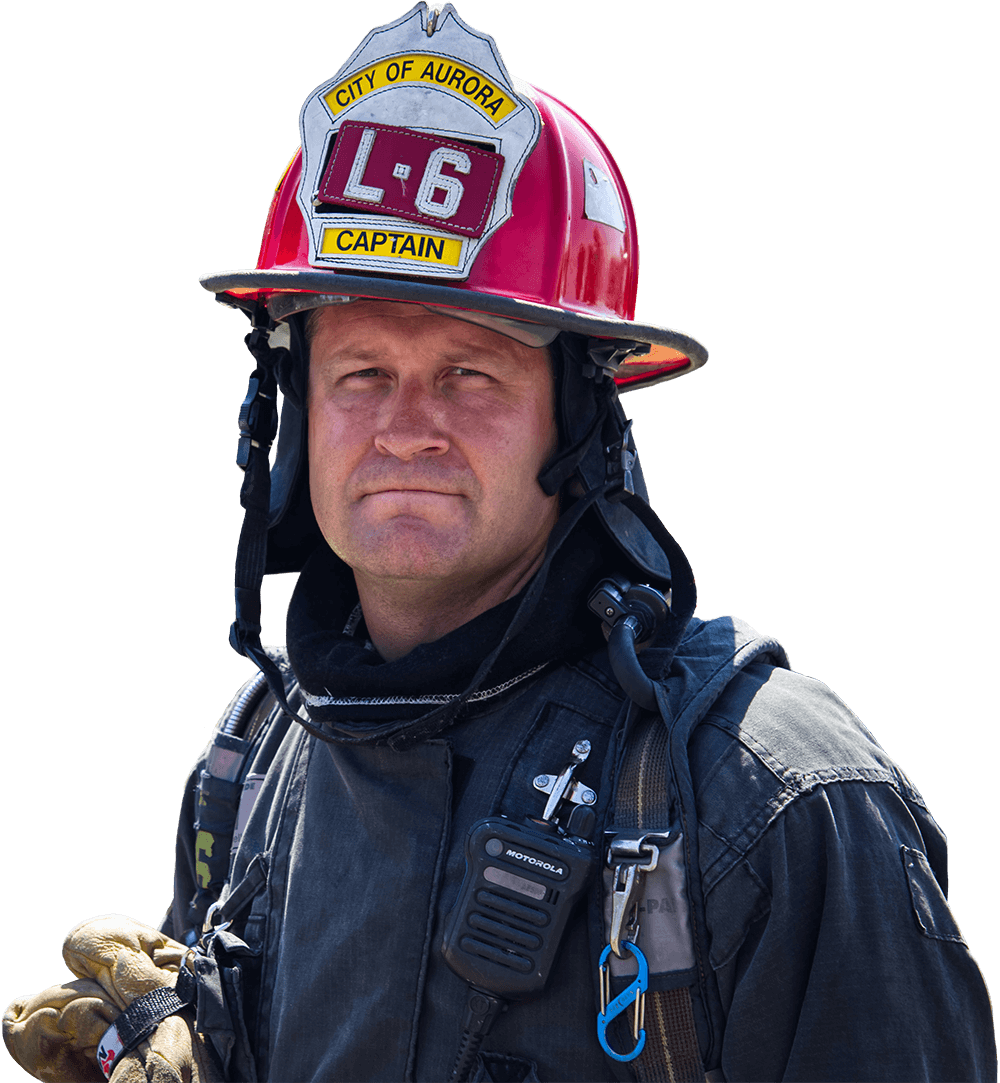This course will discuss treating cardiac emergencies in the pre-hospital environment. Topics discussed include predicting patient flow, the cardiovascular system, pit crew CPR, cardiac arrest strategies, cardiac arrest drugs, dysrhythmia, ACLS, what to do if the rhythm is too slow or too fast, and other cardio vascular diseases.
Course Type: Full-length Course
Course Duration: 60 min
It is critical for EMS providers to have an understanding of the difference of the presentation of chest pain between men and women. Too often, chest pain and heart attacks in female patients can go untreated and undiagnosed. This course will examine the similarities and differences men and women experience with angina and the differences in causes.
Course Type: Full-length Course
Course Duration: 60
It is critical for EMS providers to have an understanding of the ways chest pain can present between men and women. Too often, chest pain and heart attacks in female patients can go untreated and undiagnosed. This course will examine the similarities and differences men and women experience with angina and the differences in causes.
Course Type: Full-length Course
Course Duration: 60
It is critical for EMS providers to have an understanding of the ways chest pain can present between men and women. Too often, chest pain and heart attacks in female patients can go untreated and undiagnosed. This course will examine the similarities and differences men and women experience with angina and the differences in causes.
Course Type: Full-length Course
Course Duration: 60
In this webinar, learners will be introduced to extracorporeal membrane oxygenation (ECMO) and its broad applications. It is a well-established therapy, and its use is becoming more widespread. Most tertiary facilities have ECMO programs and capability. EMS personnel could be called on to transport these critically ill patients, and this lecture provides a broad overview. ECMO has been used in the field as a resuscitative adjunct. In the future, it is possible that some centers in the United States may consider this option. In this course, Dr. Misselbeck also provides a provocative look at the potential of this emerging technology for the future.
Course Type: Full-length Course
Course Duration: 60 min
Course Type: Full-length Course
Course Duration: 60
When there�s a life-threatening cardiac emergency, time is of the essence. 12-lead ECGs are useful diagnostic tools, but clinicians must be able to accurately and quickly identify life-threatening emergencies. This course will discuss ECG interpretation in the prehospital environment and give the learner practice interpreting sample ECGs.
Course Type: Full-Length Course
Course Duration: 60 min
This course is a real-life look at "running a peds code." We will begin with a review of pediatric arrest ...
Course Type: Full-length Course
Course Duration: 60
Course Type: Full-length Course
Course Duration: 60
Good outcomes are rare when a child goes into cardiac arrest in the prehospital setting. Most EMS professionals ...
Course Type: Full-length Course
Course Duration: 60
Many EMS clinicians may not regularly encounter pediatric patients, but it is necessary to be prepared to respond ...
Course Type: Full-length Course
Course Duration: 60
Many EMS clinicians may not regularly encounter pediatric patients, but it is necessary to be prepared to respond ...
Course Type: Full-length Course
Course Duration: 60
